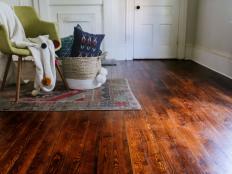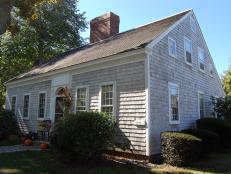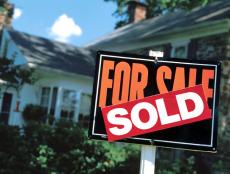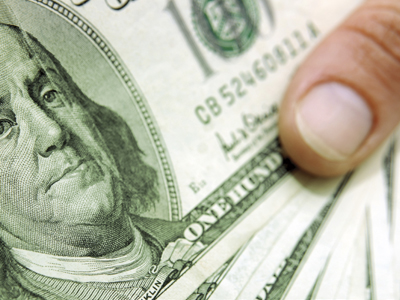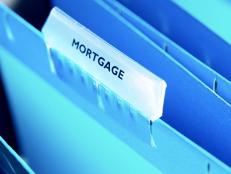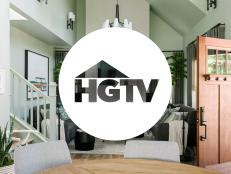How to Keep Closing Costs Down
If you’re a homebuyer trying to take advantage of the down market’s opportunities, you might have scraped your pennies together to come up with the cash to close the deal like you haven’t dug for pocket change since you came up short at the ice cream truck in the 5th grade. So what happens when -- horror of horrors -- you get almost to close of escrow and, surprise!, you’re told that your interest rate or closing costs or even mortgage payment are higher than expected?
I Know the Feeling. Only the coolest of cucumbers wouldn’t have at least a little freak-out in this situation. Receiving a higher-than-expected figure required to close feels like being hijacked -- no housejacked, as in, “you’ll get your keys when you give us your money!” Unpleasant closing surprises incite anger ("that’s not what I was told -- why didn’t you tell me this sooner?!"), fear ("oh no, what happens if I can’t come up with it?!"), desperation (how/where/from whom can I come up with it?!) and panic (Must. Scrape. Money. Up. Now!). Beyond the obvious disaster of possibly not being able to get your home, your deposit money might also be in jeopardy if you can’t close.
Your Mindset Reset. Being told you need much more money than you expected in order to close escrow is infuriating at best, horrifying at worst. If you have the extra cash, it’s hard not to look at it as a distasteful deed you can’t get around and just fork it over. If you don’t have the cash, it’s hard not to beg, borrow and, well, we’ll stop there -- in order to scrape it up. But instead of viewing the surprise shortage as a bill, first things first: look at it as a red flag. It might reflect legitimate expenses that caught you off-guard for some reason, but it could also reflect errors, typos or even shady business.
The whole point of the government-mandated closing statements you’ll receive before closing, like the HUD-1 settlement statement, is to make your closing costs easy to review line-by-line and make errors or misrepresentations regarding your loan terms and costs easy for you to catch. So instead of giving in to your gut reaction of seeing a closing doc surprise as an unmitigated travesty, view it as an opportunity to catch errors and protect yourself from mortgage misrepresentations that could really hurt you (and your bank account and home equity) in the long run.
Your Drama-Free Real Estate Rx. If, right before close of escrow, you are told that your closing costs, interest rate or mortgage payment are significantly higher than you expected, mobilize -- and quick. Grab your good faith estimate and compare it with the estimated closing costs statement, line-by-line. Get your Realtor and mortgage broker involved to help find the discrepancy and determine whether it’s a legitimate cost increase or a simple error.
If the issue driving up your costs is legitimate, get your whole team in motion to figure out if it can be negotiated down or if there are other ways you can cut costs (e.g., like asking your escrow holder to reduce or waive some fees or extending your escrow so that you can pay less prepaid interest and property taxes), then try to work it out. I’ve actually seen cash-to-close estimates drop by thousands of dollars after my mortgage broker and I run them through a 30-minute, hard-core line item review! Only after you’re confident that all fees, rates and costs are accurate, legitimate and as low as they can go should you start to dig for those extra dimes -- and by then, perhaps you’ll need less extra money than you thought!







